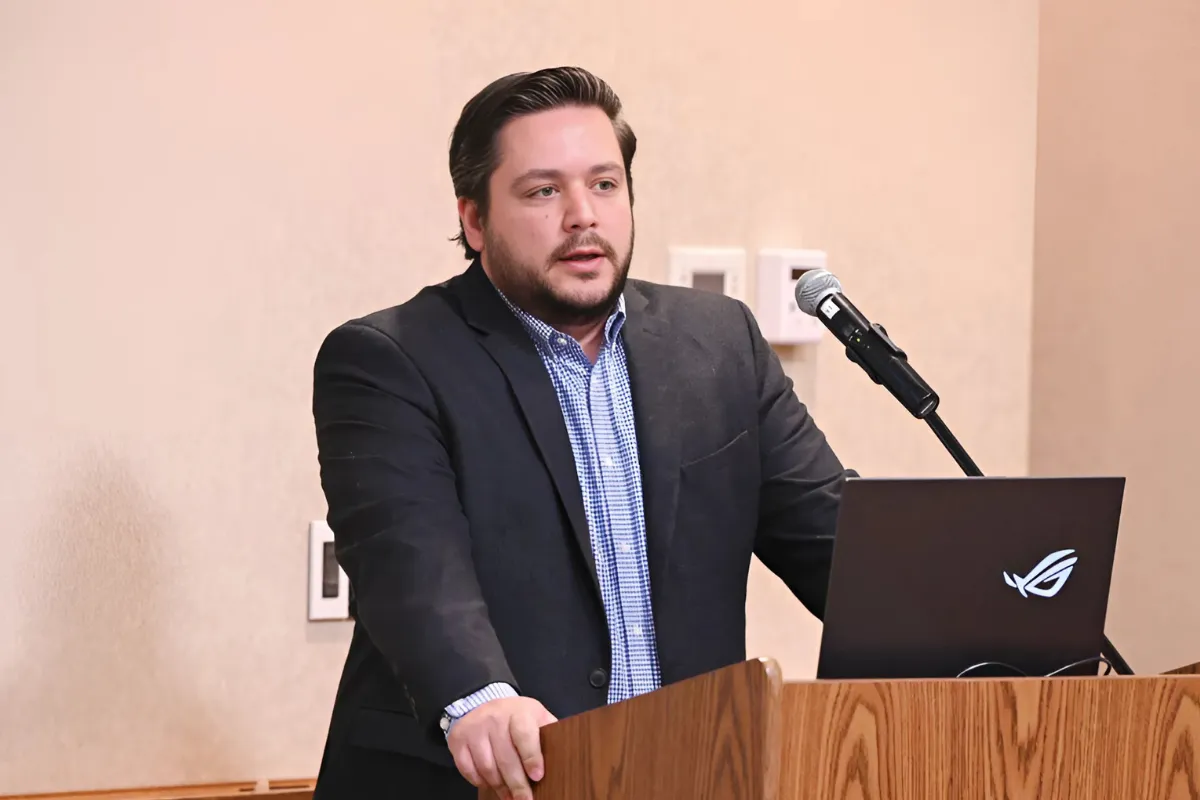As West Virginia pushes forward with expanding broadband access, lawmakers are now debating whether city and county governments should be limited in their ability to own and operate public broadband networks.
During a legislative interim session held Monday at Stonewall Resort in Lewis County, the Joint Standing Committee on the Judiciary reviewed the concept of state versus local broadband preemption—a legal question centered on whether the state should restrict local governments from competing with private internet service providers (ISPs).
While most broadband issues fall under the Technology and Infrastructure Committee, Judiciary Committee Co-Chair JB Akers (R-Kanawha) explained that broadband preemption fits within the legal responsibilities of the Judiciary Committee.
“This is part of preparing for broadband rollout in West Virginia,” Akers said. “Preemption is something we need to examine as we build the legal framework.”
What Is Broadband Preemption?
Broadband preemption refers to laws that limit or prohibit local governments from building and operating their own broadband networks, often to prevent competition with private ISPs and create consistent rules across regions.
Garner Marks, general counsel for the West Virginia Department of Commerce, briefed lawmakers on where the state currently stands.
“West Virginia doesn’t have any law on the books that prevents local governments from owning or operating broadband networks,” Marks said.
In other words, cities and counties in West Virginia can currently build and operate their own internet services. However, Marks noted that the state prefers to collaborate with private ISPs rather than compete against them.
“We don’t work to compete with the private sector,” he said. “But we are happy to help local governments build public-private partnerships with ISPs.”
Balancing Public Access and Private Competition
Some lawmakers and policy experts worry that unrestricted government-run broadband networks could create unfair competition for private providers. At the same time, broadband access remains a challenge, especially in rural areas where private ISPs are slow to invest.
Marks explained that 16 other states have passed some form of preemption laws to protect the private market and streamline regulation. However, five states rolled back these laws during the COVID-19 pandemic to speed up broadband access where it was urgently needed.
In West Virginia, while local governments can own broadband infrastructure, they are not allowed to block private companies from building their own networks.
For now, the Department of Commerce and the state’s Office of Broadband remain neutral on the issue. They don’t endorse either expanding or restricting public broadband ownership, leaving the decision to lawmakers.
“I think the current framework is working fine,” Marks said when asked if changes were needed.
What’s Next?
As West Virginia looks to bridge the digital divide, the debate over local government involvement in broadband continues to evolve. Lawmakers will need to weigh public access, economic development, and private sector competition before deciding if limits on public broadband ownership are necessary.
For communities still waiting for high-speed internet, the outcome could have a significant impact on how soon—and how effectively—that access arrives.
















